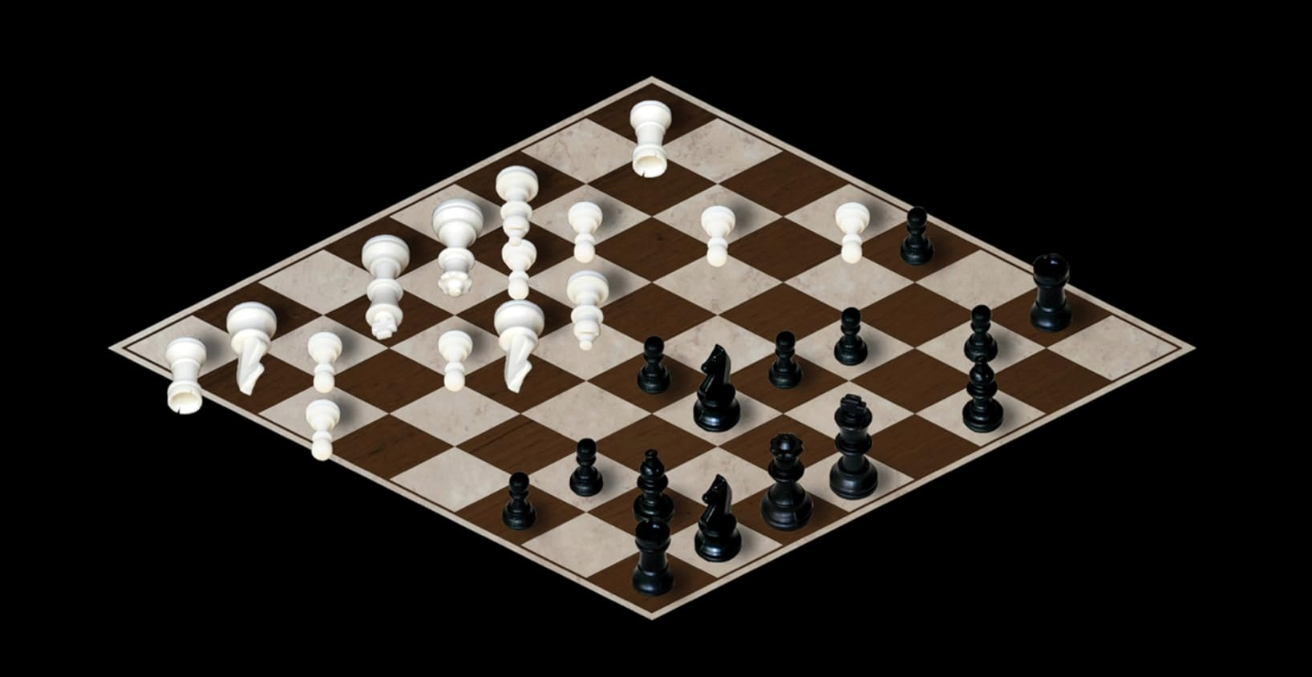This decade may seem like high season for the imagined monsters of Antonio Gramsci as we witness the destruction of “order” and await the emergence of a new paradigm. But whatever emerges as the future disposition of power, historical continuities have returned the world to its traditional trajectory, according to John A. Hall in Nations, States and Empires.
These continuities concern the centuries-long interaction between empires, nations and the incomplete formation process of nation states. Development of the state, Hall contends, is nothing less than a step in social evolution, albeit one accompanied by violence and chaos. It is an evolution yet to be achieved by post-colonial “quasi-states” in Africa, which lack capacity or deep penetration of their communities. It is hindered by retrograde patterns of imperial bullying reminiscent of the age of empires in the nineteenth and twentieth centuries. And it features what Hall terms the new nationalism of the capitalist West.
The contemporary resonance of this fractious interaction between the three forms of political and social organisation is instructive for those of us in liberal democracies struggling to make sense of brutish disorder in the twenty-first century—“especially because the lessons learnt as a result of two world wars have now largely been lost.” Lessons that reinforced the need for sociability and restraint among nations to mitigate the risk of future cataclysms.
Hall’s expansive, insightful and lucid work offers context and clarity by recounting the origin stories—the patterns and discontinuities—of political and social order. Its publication joins more than 30 other books authored or edited by Hall, an emeritus professor of comparative historical sociology at McGill University.
From that scholarly perspective, he argues for the need to step beyond the amoral logic of realism—“my enemy’s enemy is my friend”—to understand the intersecting dynamics of nations, states and empires. Hall asserts that two sociological presuppositions are required for realism to function correctly. First, that the system of states is ordered though rivalrous society; yet he argues it does not operate as such during times of ideological division. Second, it presupposes that states calculate their interests rather than act irrationally; yet fantasies can and have driven historical events, often resulting in war and disaster. Of the Vladimir Putin era in Russia, Hall says an earlier post-Cold War longing to join the West “has been replaced by a strange theory of ‘super ethnicity:’ envisioning an entirely new civilisational order.”
Imperial rule by a central power, over separate territories that are culturally and linguistically different from one another, has been the default condition for most of human history. Its form has varied with time and circumstance. In recounting the different evolutionary paths of China and Russia, for example, Hall finds the circumstances and relative homogeneity of Chinese culture more favourable to its development as a nation state, whereas key population segments of the Russian domain have retained distinct and resilient national identities. The former Soviet Union notably held its constituent “socialist republics” in a state of captivity via local elites; a modus operandi adopted by Putin and given horrific expression through his recurring military interventions.
Both world wars of the twentieth century are deemed to have been imperial in nature, sparked by the ostensible “marriage” of nationalism and imperialism. Throughout the subsequent Cold War era, the US and the former Soviet Union had control within their respective spheres of influence, treating the rest of the world as a theatre in which they could pursue their rivalry—“very much in the predatory style of earlier nineteenth-century empires.”
Historically, the pursuit of territorial conquest for empire was more the project of statesmen than merchants because, generally, it made little economic sense. Merging concepts of empire and nationalism, one logic was that a state needed an empire; another logic insisted that the empire should be nationalised. Adam Smith was one to argue that imperialism was not necessary for commercial society to succeed; the United States later provided emphatic verification with its hegemonic status in economic and military affairs rather than reliance on territorial acquisition.
Here one notes the exceptionalism of Russia under the Tsars and their successor regimes. Whereas European powers competed to acquire territories to build their empires, Russia was at once ethnic and imperial by nature. Even now, Hall says, the Russian elite and many Russians lack a straightforward nation state identity because they remain tied to an imperial view comprised of many national groupings. In consequence, Russia has not been able to secure a stable identity as a nation state since the end of the Cold War.
Whereas China’s forced assimilation of Tibetans and Uighurs may succeed because they are minorities, Russia tries to control whole nations. Hall offers the example of Ukraine. Prior to 1914, it was divided between the Romanov and the westernised Hapsburg empires. Since Tsarist times, Russia has sought to discourage Ukrainian identity, valuing the territory for its agricultural output, as a defensive buffer zone, and as a source of Russian speakers to balance the large Muslim bloc across Central Asia.
Post-war unification of the former Hapsburg and Romanov segments resulted in an entity almost impossible to assimilate, according to Hall. He argues even Russian military victory in Ukraine cannot yield imperial success. Little profit can accrue from an empire if the level of resistance makes the territory indigestible. “Absolute suppression can work with a minority or with a larger group that has not developed a national identity.” But not in a territory so fiercely defended as modern Ukraine.
In the modern world, he writes, nationalism is the greatest source of ideological cement, and the nation state has the greatest legitimacy as a political form. Historically, though, nationalism occupied space created by state weakness such as the collapse of the Soviet Union. Hall identifies the “revolt of the left behind” in the capitalist West as a new form of nationalism. He contends that capitalism demands such endless change and disruption that, sooner or later, a society will seek to protect itself. Referring to Donald Trump’s incongruous first presidential term, in which the national populist so demonstrably favoured the rich rather than the left behind: “the strength of resentment is so great that having voice matters more than policy outcomes.”
In a sombre concluding chapter, “Fear and Trembling,” the author argues that the incomplete process of nation-state formation is sure to dominate the near and the medium term, not just in Africa and the Middle East. Much foreseeable activity will represent an extension of what happened in Europe in the tumultuous past. Russia is in full imperial mode while China is determined to solidify the nation state by forcible assimilation and demographic engineering. Moreover, the US seeks increased control over the world’s economic rules of operation, displaying a “lack of sophistication in geopolitical grand strategy.” For those of us trying to make sense of the zeitgeist, John A. Hall offers much scope for reflection, not so much for the restoration of our equanimity.
This is a review of John A. Hall’s Nations, States and Empires (Polity Press, 2024). ISBN: 1509563253.
Dr Geoff Heriot is a consultant on media and governance, a former corporate and editorial executive of the ABC, with extensive international experience. A review of his book, International Broadcasting and its Contested Role in Australian Statecraft: Middle Power, Smart Power (Anthem Press), appeared in The Reading Room on 30 January 2024
This review is published under a Creative Commons License and may be republished with attribution.





